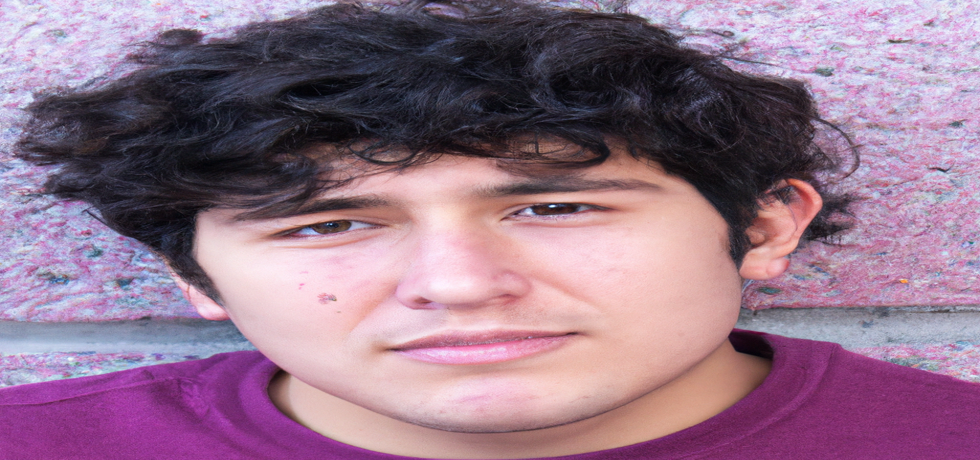
Understanding Severe Acne: Causes And Solutions
Introduction to Severe Acne
Acne can be more than just a temporary nuisance; it can be a significant emotional burden, especially when it manifests in its severe forms. Severe acne, particularly cystic acne, is an inflammatory skin condition that can leave lasting scars on both your skin and self-esteem. Understanding the causes behind this condition is crucial, as is learning effective solutions to manage and treat it. In this blog post, we’ll delve into the nuances of severe acne, exploring its potential triggers and what treatments can lead to clearer skin.
Common Types of Severe Acne
Severe acne can present in various forms, each requiring different treatment approaches. Nodulocystic acne is characterized by painful, pus-filled bumps that can be difficult to treat. Acne conglobata represents an extreme variant of nodulocystic acne, marked by interconnected cysts that can lead to disfiguring scars. Another severe type is acne fulminans, which usually affects young males, involving systemic symptoms such as fever and joint pain. Understanding these types can assist you in seeking appropriate acne treatment options.
Triggers of Severe Acne
Hormonal changes are one of the leading causes of severe acne. Fluctuations during puberty, menstrual cycles, pregnancy, and stress can increase the production of sebum, significantly contributing to breakouts. Other factors such as certain medications and dietary choices may also aggravate the condition, emphasizing the importance of understanding ones unique triggers to develop effective acne care routines.
Treatment Options for Severe Acne
When it comes to managing severe acne, a combination of treatments is often most effective. Over-the-counter products like benzoyl peroxide are household names in acne care, breaking down clogs and targeting the bacteria responsible for inflammation. For more persistent cases, topical retinoids, available through prescriptions, can help unclog pores and enhance treatment effectiveness. Oral antibiotics may also be recommended by dermatologists for inflammatory control.
In more severe cases, isotretinoin a derivative of vitamin A can provide lasting results and is usually reserved for stubborn cystic acne. However, this potent medication comes with potential side effects, making it imperative to seek a dermatologists advice. Other treatments like photodynamic therapy and steroid injections are also options that dermatologists may consider based on individual needs.
When to Consult a Dermatologist
Consulting a dermatologist is essential if over-the-counter treatments arent working. Persistent and severe acne can indicate underlying health issues, and a dermatologist can diagnose these conditions accurately. If you notice frequent flare-ups or experience systemic symptoms such as fever or joint pain, its crucial to seek medical assistance promptly. A tailored and personalized treatment plan will increase the chances of effectively managing severe acne.
Conclusion: Take Charge of Your Skin Health
Severe acne can pose significant challenges, but with the right knowledge and support, you can navigate this journey towards clear skin. Always prioritize a regular skincare routine tailored to your needs, side-step known triggers, and seek professional help when necessary. With determination and the right treatment solutions, achieving healthier skin is entirely possible.
For professional assistance and expert advice from leading dermatologists like Dr. Hital Patel, experience the benefits of understanding severe acne with Hair & Skin Specialist Dr. Hital Patel at The Skin Artistry. Our clinics in PDPU Gandhinagar, Vastrapur Ahmedabad and Hyderabad (Visiting Consultant) offer top-quality care and personalized treatments. Visit us today to learn more about our services and take advantage of our special offers! For more insights, updates, or to collaborate, stay connected with The Skin Artistry.


